QuestionA friend-of-a-friend was going to take this dog to a kill shelter two years ago, and my sister was moving out with her dog, so I decided to take this dog in, but his behavior is more than I can handle. He is huge (over 70 pounds I think), but somehow manages to hide all day under my bed. I would build something to keep him out, but when he can't get under my bed he becomes extremely destructive. He has chewed holes in walls, ripped up entire sections of carpet, he even chewed through the strong metal kennel that originally accompanied him. He is fearful of everything, including our two parakeets. He routinely panics when they flap in their cage. He was 19 months old when I got him and it is my understanding he spent almost all of that time in a crate. The former owner was a policeman who also had a retired police dog that was very aggressive to my dog. It is my understanding he was even fed in the crate. I know that retrievers chew, but this is more like a panic response to not being able to get in or out of my room. However, with all this fearfulness, he has some behavior that I believe is the opposite extreme as well. He will come up to me and rub his entire body against me like a cat and will ignore any "no", "off", or pushing him away.
Grooming has become a nightmare. The only way I can groom him at all is to leash him from something higher than he is. Golden doodles have very challenging hair, and it is a losing battle. Not only does he get matted from spending hours under my bed, but he fights me on grooming. Usually, I end up having to cut all his fur off because eventually it gets so knotted he could get sores. This activity is like shearing a sheep that won't sit still. (and I don't own clippers, so this is a scissors operation). The whole time I am brushing or cutting his hair, he is doing passive-aggressive moves like rolling over or sitting on what I'm brushing, or putting his paws on or licking the hand brushing him.
Now for the really sad part. I have an autistic son who adores this dog. And, he's not all bad. I don't have a fence, but I can let him out and he doesn't leave the yard. He comes most of the time when called. He doesn't get in my trash. But, I'm a renter, and I can't keep allowing him to destroy a home I don't even own. I'm beginning to think his early experience has made him a dog that will never be able to socialize normally with people. I don't know what to do.
AnswerYour dog needs expert evaluation by a veterinary behaviorist. His extreme fear can be alleviated with medication and behavior modification. What you describe as "passive aggressive" is actually the dog's way of demonstrating subordination as you groom him. I would NOT allow this dog out without a leash under any circumstances as the likelihood of his escape is high, regardless of how well he is recalling at present. Because he was crated his entire life (most likely) and owned by such a cretin (when I think that guy actually carried a gun it scares the wits out of me!), he has no way of knowing how to live in a household. He is confused and has no method to "please" because he has not received any positive reinforcement for trained behavior.
I understand how frustrating and worrisome this is for you and I commend you for giving this dog a real chance at a good life. Even though it can be expensive to see a veterinary behaviorist, it will be worth the expense. Hopefully you can find one in your area from the following lists:
http://www.veterinarybehaviorists.org/
http://www.avsabonline.org/avsabonline/
Put a house tab on the dog (leash with handle cut off) so it's easier for you to maneuver him (but remove it when you are not at home). Leashing often helps a dog to feel calmer, also, since the restraint factor is both physical and psychological. Go to Dr. Ian Dunbar's free video training site and learn how to teach the dog simple behaviors for reward, one behavior at a time. This will help him to feel more at ease, less anxious, and give him ways to please you. When any dog is over anxious, its behavior is going to be far more boisterous and out of control.
http://www.youtube.com/watch?v=Hv38ornzzuQ
The veterinary behaviorist will be able to help once the dog has been assessed. If you are unable to find one in your area, call the veterinary college nearest to you and ask for referral. This is really a necessity, not an option, for your own well being as well as your son's and the dog itself. As your dog learns behaviors you can reward and especially if he's on medication, the problem behaviors will begin to lessen and will eventually disappear altogether. First he needs to be safe and secure in your home, then you can work on socialization. Please post using followup feature (so I can see your original question and my answer) with any further questions. I wish I could help in a more personal way, I have respect for the effort you're making on behalf of this innocent animal.

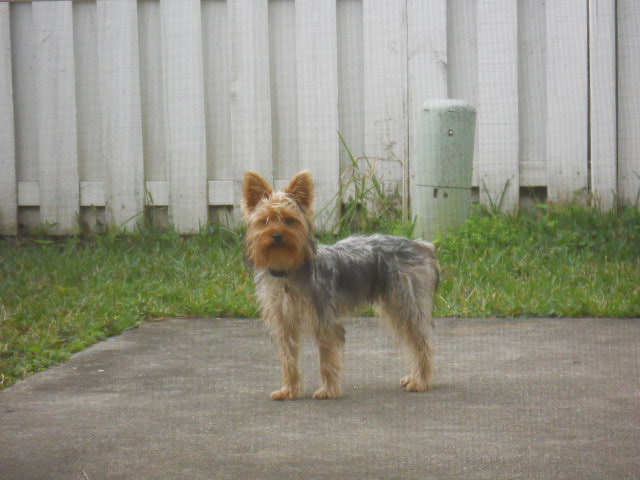 agressive silky terrier
Question
Lucas 1 year old
Hi Jennifer:
I have a
agressive silky terrier
Question
Lucas 1 year old
Hi Jennifer:
I have a
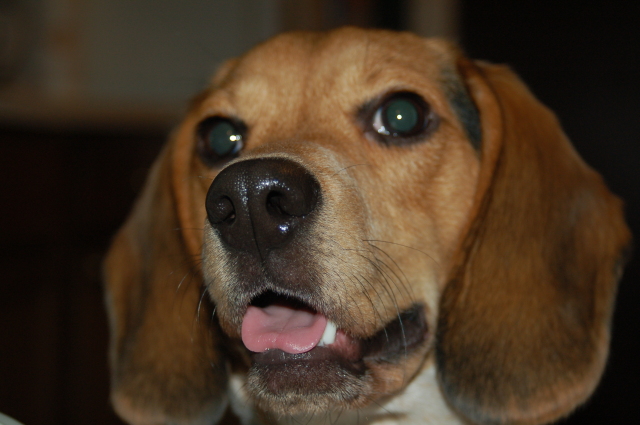 uncontrollable beagle
Question
max
My beagle is a year and a half. Ive had hi
uncontrollable beagle
Question
max
My beagle is a year and a half. Ive had hi
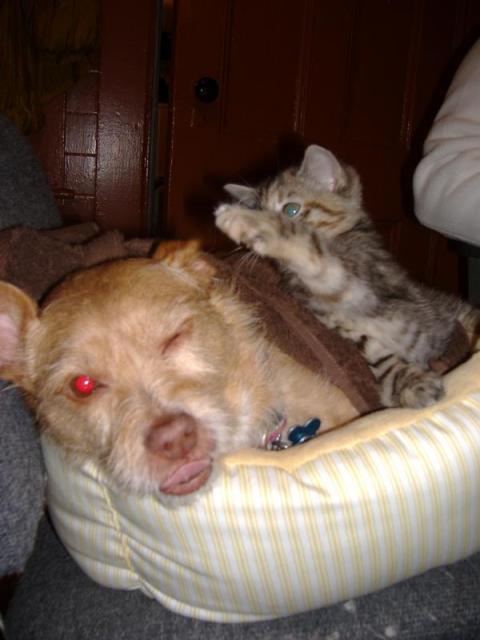 My dog is shaking and hiding under my bed recently
QuestionRorrie and Pencil
QUESTION: My dog, Rorr
My dog is shaking and hiding under my bed recently
QuestionRorrie and Pencil
QUESTION: My dog, Rorr
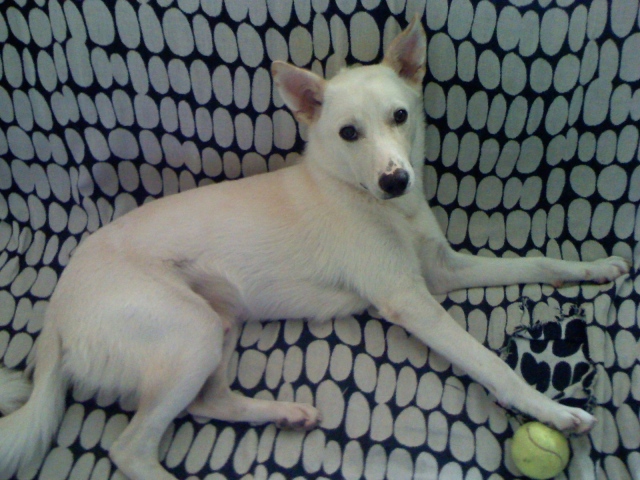 Dog walking problems
Question
Snickers
I have been trying to train my dog SN
Dog walking problems
Question
Snickers
I have been trying to train my dog SN
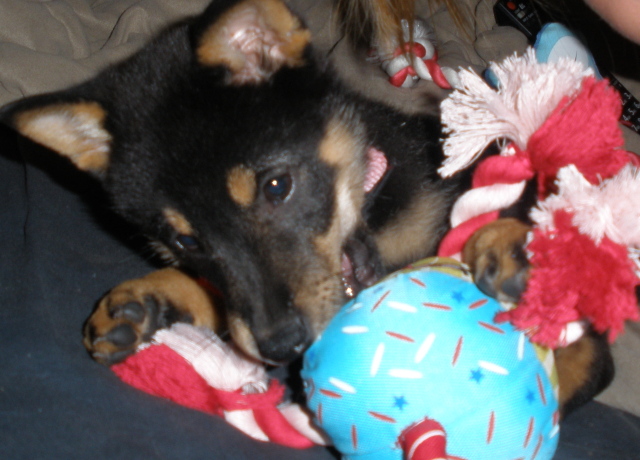 My Shiba Inu
Question
Lola
I bought a registered Shiba Inu puppy fro
My Shiba Inu
Question
Lola
I bought a registered Shiba Inu puppy fro